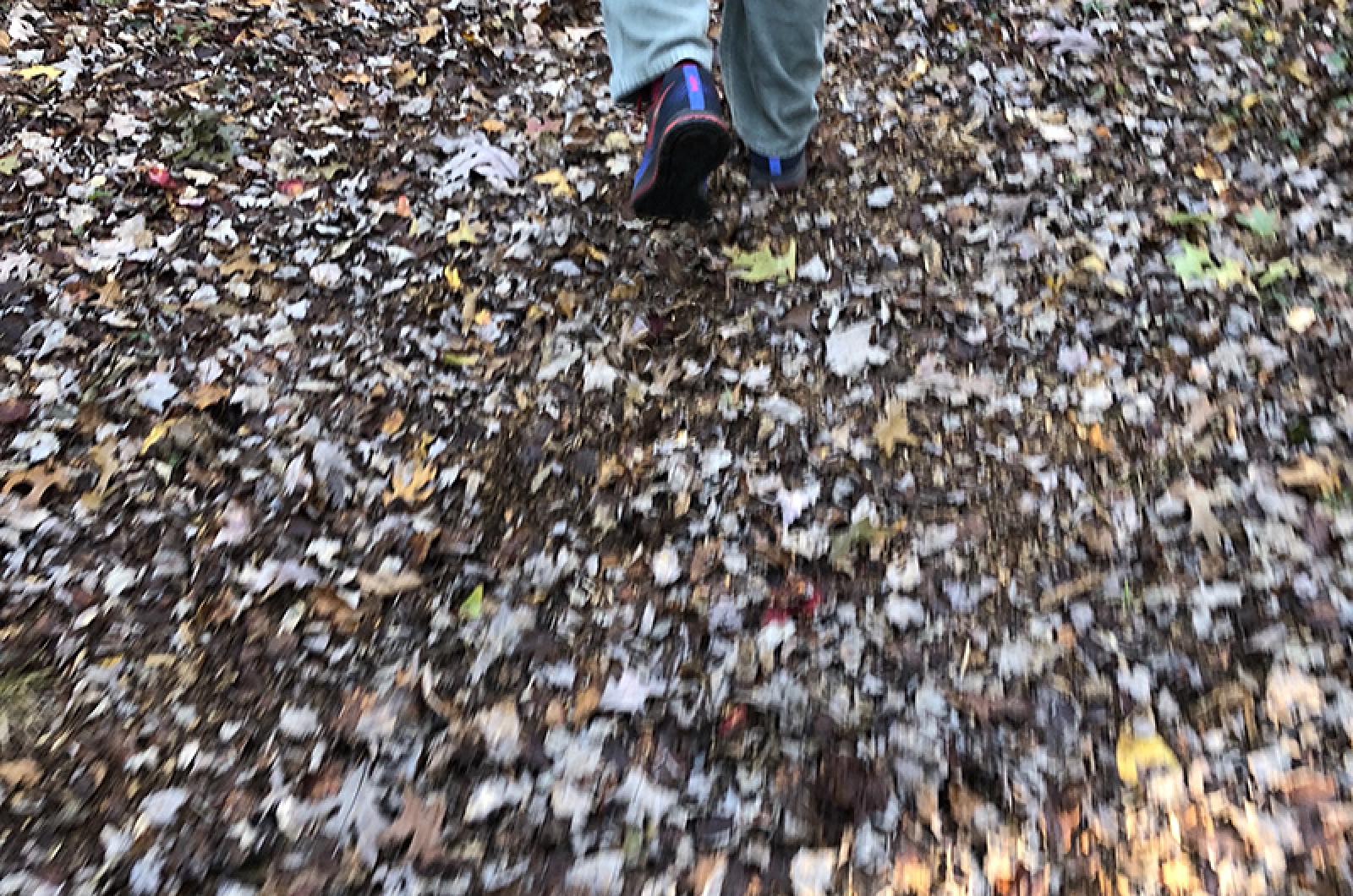Elexis Wildanger, an Islander who has hosted dozens of foster children on Martha’s Vineyard over the past 15 years, always makes a point of taking photographs.
“Every baby I have from birth, I make a book for them for when they leave,” she said. “I think it’s really important for people to have baby pictures when they grow up.”
Ms. Wildanger has cared for children and infants for up to two and a half years before saying goodbye, helped children transition to adoptive parents, and become an adoptive parent herself.
She is one of just a few families currently licensed to host foster children on the Vineyard, a reality she is hoping to change. She has organized an outreach event this Saturday at her home to educate potential families about what it’s like to care for homeless infants and children. Representatives from the Department of Children and Families (DCF) will be there as well.
To become a foster parent in Massachusetts, applicants must pass a background check and a house safety check and attend a 30-hour Massachusetts Approach to Partnership in Parenting training, among other requirements. The state provides the children’s health insurance and a stipend for families.
This year, for the first time, DCF is expected to host the training for prospective foster families on the Island, Ms. Wildanger said. She said the exact time frame and dates of that training will be determined after Saturday’s information session.
Ms. Wildanger said she hopes that with more foster parents on the Island, children who want to say in their familiar environment and in their school will have the option of doing so.
“Kids are being sent off Island right now, so they’re losing their family and their friends all at the same time,” she said.
Ms. Wildanger, a full-time mom and real estate agent by day and Oak Bluffs EMT by night, has lost count of how many children she has hosted over the years with the help of her mother. She said some stay for one night, and others for years at a time. Some are Island children, and others are from off-Island and need to go to the Cape weekly to meet with their parents. She said most are eventually adopted, and only a few are ultimately reunited with their birth parents.
She said completing the training does not require being available to host a child at any moment.
“You can always say no,” she said.
Most of the children Ms. Wildanger has cared for over the years have been infants, many of them born addicted to opiates. She said nowadays, the babies are not transferred to foster care until after they have been weaned off the drugs, but years ago, she cared for infants still deeply mired in withdrawal.
“They shake, they have a different cry,” she said. She said they like being tightly swaddled and the warm water of a bath. “You feel bad for them because you know they’re not feeling good.”
She acknowledged that the prospect of becoming a foster parent may seem daunting, but people are capable of more than they realize, especially with the support services the state makes available.
“People are like, I don’t know how you do that,” she said. “But you can do it. Your heart is bigger than you think it is.”
The information session for prospective foster parents will take place Saturday, Jan. 12, from noon to 3 p.m at 3 Poplar Lane in Oak Bluffs. Those interested in attending the event are encouraged to RSVP at 507-760-0275, but walk-ins are also welcome.




Comments
Comment policy »